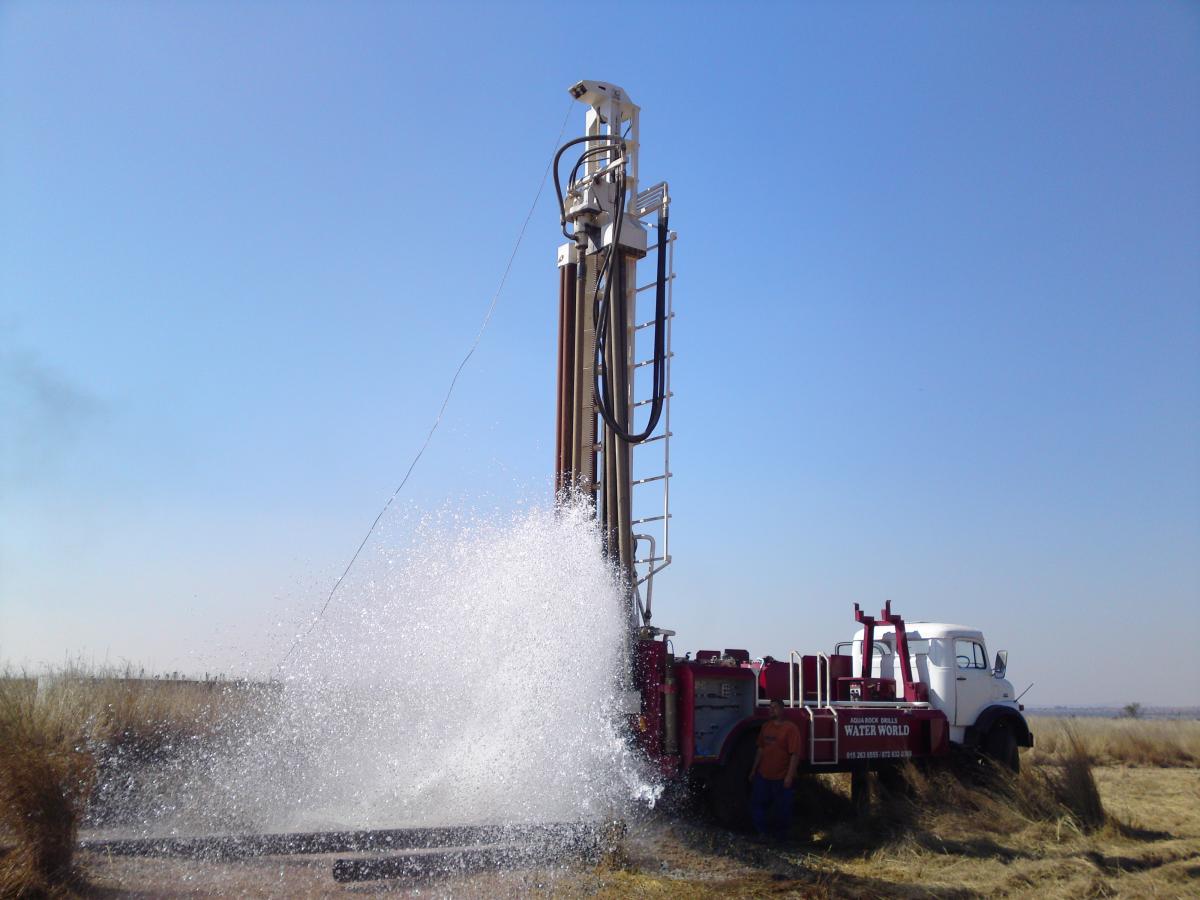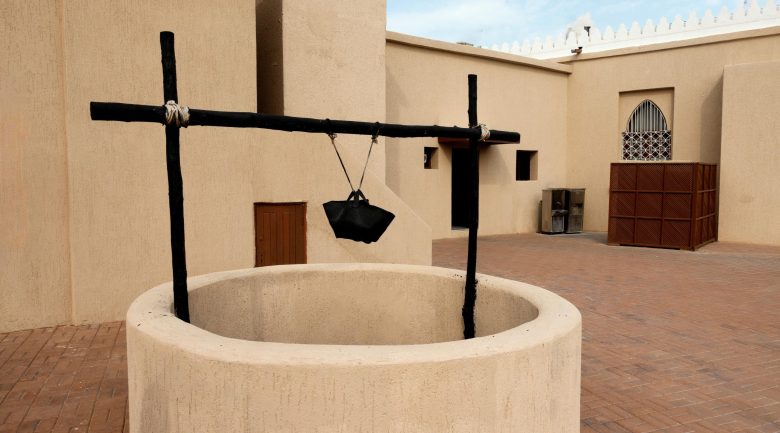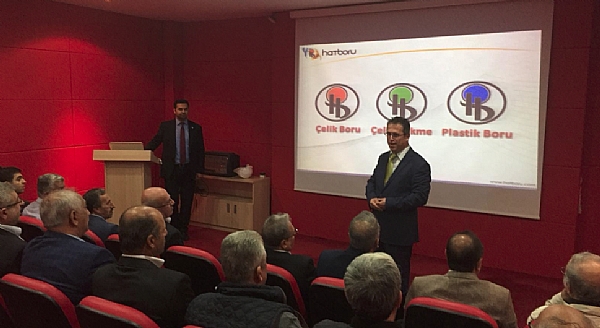Water Well Drilling: A Professional Approach and Effective Techniques
Water well drilling is a critical process for accessing reliable water sources. This important task requires proper planning, appropriate equipment selection, and technical knowledge. In this article, we will explore the fundamental steps and effective techniques of water well drilling.
1. Pre-Drilling Preparation:
Before starting water well drilling, it is crucial to check compliance with local regulations and obtain necessary permits. Additionally, geological surveys should be conducted to evaluate underground structures and water potential in the drilling area.
2. Professional Equipment Selection:
Choosing the right equipment is crucial for a successful water well drilling. By using modern drilling machines, sensors, and other technological tools, it is possible to detect accurate water layers and dig the well at an optimal depth.
3. Soil Analysis and Geological Assessment:
During the drilling process, soil samples should be collected and analyzed, and the geological structure should be thoroughly evaluated. This provides important information about water quality, efficiency, and well stability.
4. Controlled Drilling Process:
It is essential to progress in a controlled manner during the drilling process. Sensors and imaging systems should be used at every stage of drilling to identify water layers and potential obstacles.
5. Well Construction and Insulation:
After successful drilling, the construction of the well begins. Well walls should be reinforced, and appropriate insulation materials should be used to prevent water contamination.
6. Maintenance and Testing Procedures:
A completed water well requires regular maintenance and testing procedures. This ensures the well’s long-term durability and healthy functionality.
Conclusion:
Water well drilling is a process that requires expertise and attention. By adopting a professional approach and using the right equipment and techniques, access to reliable water sources can be ensured. Properly executed water well drilling can provide long-term benefits for sustainable water supply.
Frequently Asked Questions:
Question 1: When Should Water Well Drilling Be Conducted?
Answer: Water well drilling is generally recommended during dry seasons when the soil is drier, facilitating a more effective and efficient drilling process. However, local climate conditions should always be taken into consideration.
Question 2: How Long Does Water Well Drilling Take?
Answer: The duration of water well drilling depends on several factors but typically ranges from a few days to a few weeks. Factors such as drilling depth, soil conditions, and equipment used can influence the timeframe.
Question 3: What Safety Precautions Should Be Taken During the Drilling Process?
Answer: Safety is paramount during drilling. Regular equipment maintenance, the use of appropriate personal protective equipment by workers, and adherence to safety standards in the work area are essential.
Question 4: How Can I Control the Water Quality Obtained from Drilling?
Answer: To control water quality, laboratory tests should be conducted after drilling is completed. Samples should be taken and tested according to standards set by the local health department.
Question 5: How Expensive Is Water Well Drilling?
Answer: The cost of water well drilling depends on various factors, including drilling depth, geological conditions, equipment used, and compliance with local regulations. Contacting a professional drilling company for an accurate cost estimate is recommended.
Question 6: How Is Well Maintenance Performed After Drilling?
Answer: A completed water well requires regular maintenance. The well should be cleaned at regular intervals, pumps and equipment should be checked, and periodic tests should be conducted to monitor water quality.





 © 2023 Hatboru. Her hakkı saklıdır.
© 2023 Hatboru. Her hakkı saklıdır. 
